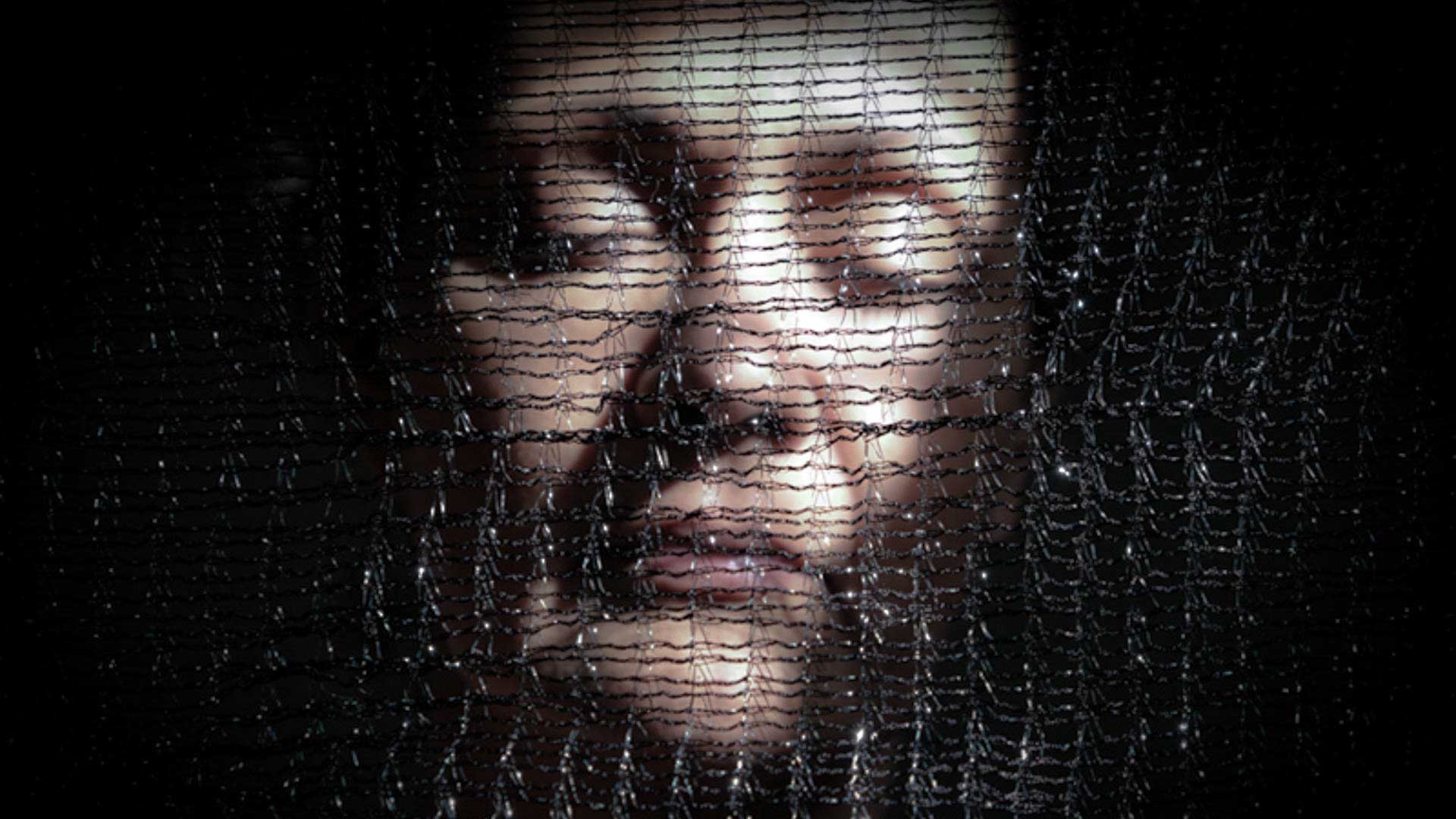

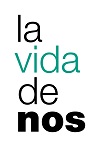
In March of 2021, following a year of confinement due to the pandemic, dentist and university professor Francys Viaña traveled to Panama in the company of her teenage twins and her sister. Once there, she began to feel under the weather. She tested positive for COVID-19. From that moment on, what she had planned as a short vacation turned into a vertiginous and harrowing experience.
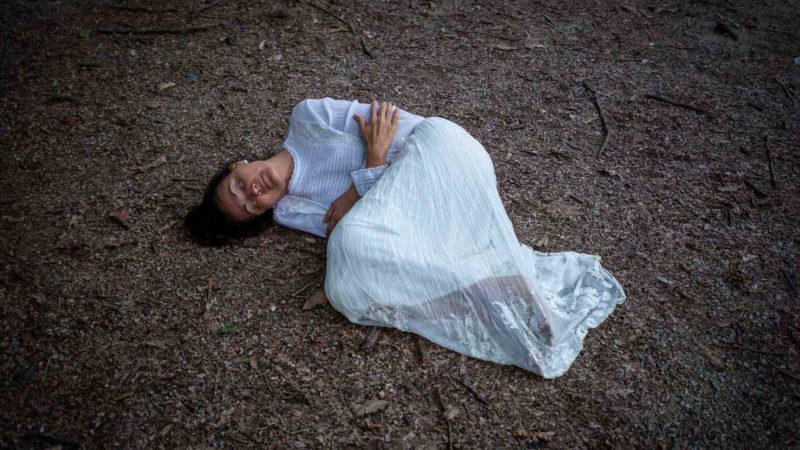 PHOTOGRAPHS: MARTHA VIAÑA
PHOTOGRAPHS: MARTHA VIAÑA
Not being able to tell what will happen to you the next day.
I thing about it today, now that I am back to life, and I feel a bout of vertigo.
I look back and everything whirls around me.
It all started with a question from my 14-year-old daughter Anastasia one day in March of 2021.
“Mom, what are our plans for Easter? Why don’t we go to Panama and visit Uncle?”
My son Constantino, Anastasia’s dark-haired twin, jumped at the sound of it:
“Yeah! Let’s! We’ve been on lockdown for a year now.”
True, it had been a little over a year since the outbreak of the pandemic, the same time we had all been ordered to stay locked up at home.
“We’ll see,” I replied.
On that very same day, I was planning the trip with my sister and my brother-in-law. The twins would get to visit their beloved uncle.
On Saturday, March 27, 2021, at around 6:00 am, the four of us were at the Simón Bolívar International Airport, heading for Panama, ecstatic because we would finally be able to go on vacation.
When we arrived, my brother-in-law was waiting for us with a kindhearted smile, because that’s the way he is. Once in his apartment, we sat down to chat and celebrate the fact that we were together.
I was really exhausted that night. “It must be the hustle and bustle of the trip,” I thought to myself. I had taken a COVID-19 test on Friday, twenty-four ahead of the trip, and it had come back negative, so I didn’t make much of it.
However, I woke up on Sunday feeling sick. That afternoon, I took my temperature and I was running a fever of 100.9 °F. At about 4:00 pm, my sister and I rushed out to get tested for COVID-19. On Monday, at 7:56 am, my brother-in-law received an email with the results.
He called us into the apartment’s living room and read on his cell phone, speaking to me:
“Your sister came out negative,” he said, and we all breathed a sigh of relief. “But you tested positive,” he added, looking me straight in the eyes.
It was dead silence for a few seconds. We all looked at each other. I was freaking out, but I bit my tongue … “I only hope my symptoms are mild,” I secretly wished, and in my head I was asking “How did I get it? When? Where? What if I gave it to the twins?” We are very affectionate and touchy-feely. “Oh God, help me through this.” So many people had died, people close to us, relatives, friends, physicians… My brother-in-law was getting his second dose of the COVID-19 vaccine that week, but none of us had been vaccinated yet.
We decided that I should self-isolate in one of the apartment’s rooms. They called from the Ministry of Health of Panama, where they kept a strict control of people who had tested positive for the coronavirus. Then I got a video call from a doctor and started treatment. As I was fairly healthy, with no pre-existing conditions, we thought I would have a speedy recovery. But I was still weak, the fever went up and down, I had a little cough…
And I was gradually disconnecting from my surroundings.
It was as if I couldn’t make sense of how daily events unfolded. I was feeling faint. I was losing track of reality. So, my family decided to take me to the Hospital Nacional, a private healthcare facility with a dedicated COVID area. It was Friday, April 3.
How could I ever imagine all that I was going to go through in the days that followed?
No, there is no way you can picture in your mind what will happen to you the next day.
I vaguely remember arriving at the emergency room and having a CT scan performed. They drew some blood samples and moved me into a room. I couldn’t tell the difference between doctors and nurses: they all seemed like astronauts to me, hiding behind their white suits; all I could see was their eyes behind their safety goggles.
They put a gown on me. I was very cold and asked for blankets, but they didn’t understand a word I said. I was shivering. Eventually, someone said “She wants a blanket.”
I found the room to be spacious and well-lit. From my bed, through a glass wall, I could see my sister and brother-in-law looking at me, noticeably worried. She wanted to go in to say goodbye, but they wouldn’t let her, so she waved her hand in tears.
I didn’t understand what was going on. My groggy mind wondered: “Is this even real? Is this actually happening to me? Have I just gotten sick with COVID, here, in Panama, when we were supposed to be on vacation?” My God —and I think about this today—, how could it be possible, now that I am far from home, far from what I know, far from the rest of my family, far from my friends… far from my doctor friends. I don’t know if I asked it myself back then, or if I am doing it today, now that I know the answer: “What are the financial implications of this?”
I am a dentist and a university professor. My sister and I have supported each other since our parents passed away. My university’s insurance carrier does not provide coverage for events outside Venezuela, and I am afraid we won’t be able to cover the costs of the disease, not even with the help of my family.
I would later learn that the ER doctors had just said that I was seriously ill and that all my organs had been affected.
And that there was not much to be done.
I was examined by Dr. Hurtado, who ran the COVID unit. He told my sister and my brother-in-law that there was a special treatment that could prove useful in my case, but that it was very expensive. It was a therapy called extracorporeal membrane oxygenation, a technique whereby blood is pumped outside of your body to a machine that removes carbon dioxide and sends oxygen-filled blood back to tissues in the body. They used it on patients whose lungs and heart had been severely damaged. My family immediately agreed and the doctors moved me into the intensive care unit.
I turn back in time and I can hear the glass door slide open and the lights come on. I feel a needle in my left forearm. It hurts. I wake up with a burning sensation. My skin feels tight. I open my eyes and don’t recognize my own arm. It’s as if it’s someone else’s. It is very swollen and purple and the hand looks like an enlarged glove.
I would later find out that I had left arm vein thrombosis.
I’m distraught and I look around for a nurse. I point to my left arm with my right hand. “Don’t worry, we’re taking care of it,” she says.
And after 48 hours from the moment I was admitted, they put my brain to sleep.
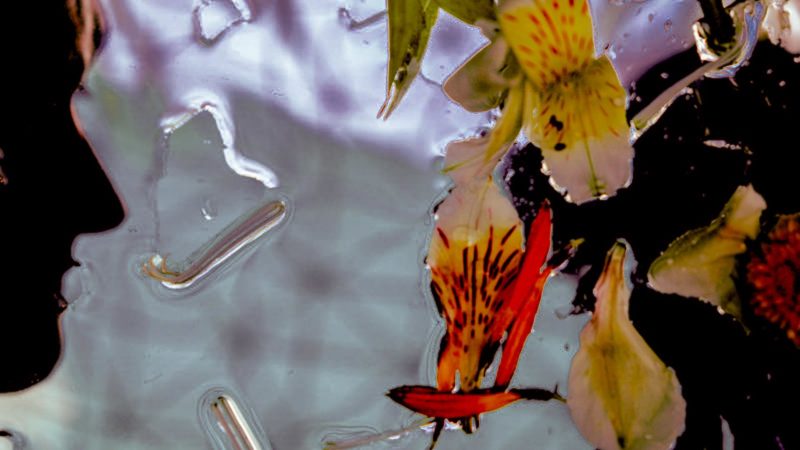
I was placed in a medically induced coma.
I would later be told that, on the way to a CT scan, I physiologically decompensated and they had to intubate me.
When I realized that I was hooked up to a ventilator, I immediately thought of the many times I had heard during the first year of the pandemic that few people survive intubation and some never regain consciousness.
Up until that moment, there had been no word about my condition outside of Panama. But then, at about 11:00 p.m. on the night of April 5, the doctor called my brother-in-law to inform him that my extremely serious clinical condition had been compounded by a hemorrhage and that I needed a blood transfusion without delay. We needed donors because they had ran out of my blood type. The medical report, which I can read now, clearly states: “Francys is in hypovolemic shock from severe blood loss. Her blood type, O Rh negative, is hard to find.”
They asked if someone in our family was my blood type. My sister ran to the clinic. They first tested her blood to see if it was fit for donation, and then they told her that it would be used on me, and nobody else, because she had just arrived from abroad and travelers were required to wait three months before they could donate. It was almost midnight.
Her blood was not enough.
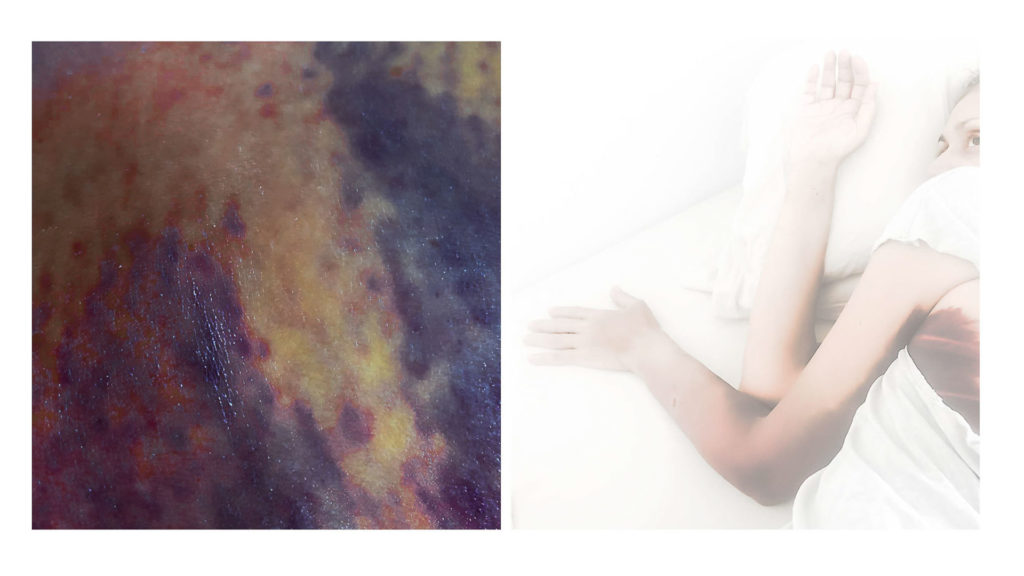
The news quickly spread on social media. My sister, my brother-in-law, my children, other relatives, their friends and acquaintances immediately set about searching for blood donors. And just like that, people from Venezuela, Panama and some from Colombia would show up until the number of units of blood I needed had been reached for the day.
I am moved by the effort it took. I am moved when I think of that blood from other people, of the many people who voluntarily had their arms somehow lacerated with a needle, of such a display of solidarity.
Because of the pandemic, no family members were allowed in and no phone calls could be made to inquire about my clinical condition. The only information came from the primary treating physician through my brother-in-law, who was acting as my agent and legal representative and also as my guarantor on the bills that kept piling up. He got a call every other day, late at night, when the doctor had just finished his rounds, which means that my family lived in fear and uncertainty about my health.
That I came to know later.
I don’t know how long it was from the moment I was admitted to that when I woke up in a dark, small, cramped room. Everything was bold yellow. It was as if I could see and breathe my own phlegm. It was hard for me to breathe in because I felt something stuck in my throat. When I tried to speak, I couldn’t make a sound come out of my mouth. I panicked. That’s how I knew, or guessed, that I was intubated. I was agitated, moving my head as if trying to force the tube out. I tasted blood. I felt as if the tube was tearing my throat. All that in a matter of seconds. But the worst of it came when I tried to move my hands and I couldn’t. Both my hands were tied to the side rails of the bed with straps made of cloth or gauze, I’m not sure. I couldn’t stand the feeling of not being able to move my arms or that of the tubes and lines in my throat.
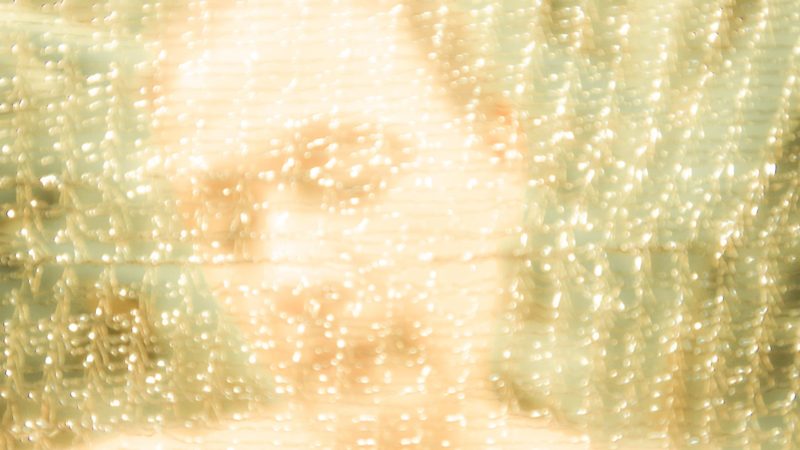
I felt trapped, imprisoned.
Meanwhile, my family was stuck at home as ordered, worried sick about me. My children were already back to the on-line classes of their last term as high school freshmen, which hopefully kept them from thinking of the possibility that they might lose their mother.
I was later told that I was on my 11th day in the UCI.
It is half past eleven at night. They wake me up and I don’t feel the tube, although my throat is burning. I find it hard to swallow my own saliva. I still have trouble breathing. I am still tied up. Suddenly, I see a very tall, strong looking person to my left, who tells me in a grave tone:
“Hi, Francys, I am doctor (I couldn’t get the name). How are you feeling?”
I don’t know if I can speak. I am scared. I say no with my head, moving it from side to side, with labored breathing. Time stands still until the doctor says firmly and affectionately:
“Francys, I am afraid we removed the tube too soon. Your condition has not improved. So we are putting it back in, ok?”
I can’t even think anymore. What does he mean by putting the tube back in?
I try to take a deep breath. I look at him and I nod.
Then I was placed under sedation.
Time went by. The news were far from encouraging. Dr. Hurtado called my brother-in-law and asked to meet him. He told him that they had done everything possible to save me, but that I was in critical condition and they were considering performing an exploratory cardiac catheterization.
My brother-in-law asked how much longer I would be hospitalized. I had purchased travel insurance, but I feared that the carrier would not cover the hospitalization expenses because of the date when I was found to be COVID-19 positive. And I was right. I already had the virus when I arrived in Panama. Payments to the clinic were due every two or three days. The bills were sky high because I was in the ICU, which included an ever growing list of specialist fees and nursing, medication and therapy expenses.
“Let’s monitor her progress. If she doesn’t improve, we will have to transfer her to a public hospital,” the doctor replied.
My sister cried as if her heart would break, concerned that in a public hospital I would not be cared for the way I needed. I guess she was thinking about the collapse of the public healthcare system back in Venezuela. “We will do whatever it takes so she can stay in the clinic; she will pull through,” she insisted. A friend suggested they open a GoFundMe account to raise funds and my sister volunteered to do it herself and to spread the word. Another friend, who is a photographer like my sister, offered to organize a photo show on Instagram; they named it @unafotoporkachy [A Photo for Kachy], since Kachy is what they call me since I was a little girl. Some Venezuelan photographers donated their work, which would be put for sale to raise money. My students at the University of Carabobo held raffles.
The day after the failed extubation attempt and the new intubation, I opened my eyes. The doctor was there, to my right, looking at me. I tried to forcefully free myself from the straps. I felt stronger.
“Francys, you’re a little better,” he said, and then he raised his voice: “Stop fighting with the tube.”
He came closer to the bed. This time I got to see him more clearly: he was wearing a fully transparent mask, and a bushy black beard was sticking out from under his mouth cover. He touched my arm with his gloved hands and shouted:
“Stop fighting! Give in to it! You’ve got this!”
Those words felt like a slap in my face to make me see reason. I had to stop resisting the situation and accept what was happening to me.
And surrender.
I now think that surrendering was the key, because that’s when I slowly started to get better.
I went from the sheer agony of it to the certainty that I would heal.
I review the events and go back to the moment when everything changed.
I am awake all the time. I can hardly sleep. It is early in the morning and I can see, through the glass wall of Room No. 9, which is my room, the hospital staff going non-stop about their business. They take X-rays; they draw samples to measure my blood sugar levels; they take my temperature; they give me my medication. It’s almost routine now. The nurses tell me that I was in critical condition and that it is a miracle that I am alive. One of them stands very close to my left side and whispers in my ear:
“You are going to recover. I heard Dr. Hurtado say: ‘I will save this one. You are not going to take her away. I am sick and tired of patients dying from this horrible disease.’”
COVID-19 cases are on the rise in Panama City. It is nighttime and I hear two nurses chat: “Did you hear that the patient in Room 10 didn’t make it? He was a young man. I thought he was going to recuperate.”
Some days I listen to church choir songs playing on the cell phone of a nurse who sings and hums quietly as he works. It soothes me. When she leaves, I find myself humming the songs for a while in my head.
At first, the nurses think I am Panamanian. I hear them ask: “Where in Panama is Francys from? She must be from Colon because the women there are such warriors, like her.” Colon is the entrance to the Panama Canal.
I smile softly. I am still weak.
“We have all prayed for you,” the nurses say. “You must have a very important mission to accomplish on this earth, Francys, because you are still here.”
I think of my children, of when I will be able to see them and hold them.
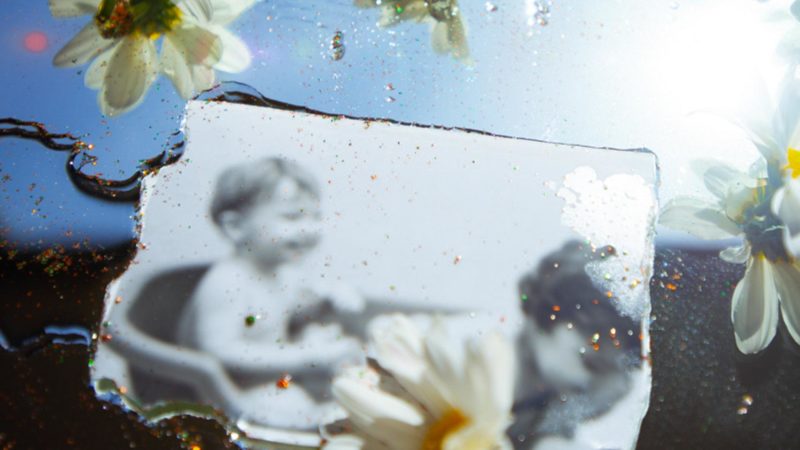
I pray. I meditate. I have faith in God, in the doctors and in myself.
I feel some minor discomfort. Although I am still intubated and with lines and catheters in my veins, I am better. I am breathing easily and I smile more.
Seeing that I am doing my part, they release my hands from the straps. I try to communicate using gestures, but they don’t quite follow me. I get frustrated. I can’t write either. I ask myself: “Don’t they play charades here in Panama?” I can’t make myself understood. I want to know, among other things, what day is today, because my birthday is on April 18 and I want to be home with my family.
“Today is April 16,” a nurse finally tells me, and I pray the universe for a gift: that for my birthday I will no longer have this tube going down my trachea.
The next day, the doctor comes to see me and asks me:
“How did the little girl sleep? We are removing that tube today.”
Did I hear right? Are they going to take it out? I want to push the rewind button and replay the scene in the movie when he says what he has just said.
And they removed it.
The doctor, with three nurses by his side, pulled the 20-centimeter tube out and it felt as though they were taking a part of my body. It was weird. I resisted a little. When they were done pulling, I noticed they all took a step back, as if they were afraid of the thick yellowish phlegm that dripped from the tip of the tube.
“Gauze, please! Cough hard, Francys! Very hard, like your life depended on it!” the doctor ordered.
And cough hard I did, and I was exhausted. I was suffocating from the jet of extremely hot air coming from the high-flow oxygen cannula they fit me with. I was in a stupor. It felt like fire, a fire that I could see behind me. I think it was the first time in all that time that I fell soundly asleep.
The next morning, I did the math. It was April 18, and I could talk.
“Hi, today is my birthday,” I said to a nurse whom I hadn’t seen before.
Everyone found out about my birthday and came into my room to congratulate me. They gave me a sponge bath and I brushed my teeth. A nurse braided my hair.
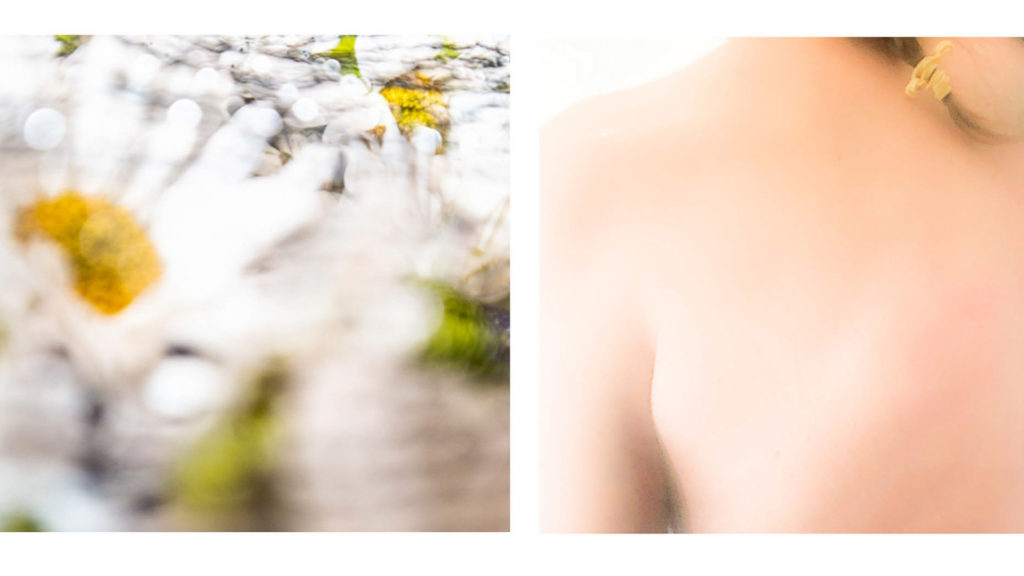
“Francys needs a blower,” she said. It was only a few days later that I learned that she meant I needed a blow dry.
Blower or no blower, I felt like a queen. The strawberry jello and the vanilla ice cream they gave me ran smoothly down my throat. I got to see my family on a video call and the “Happy Birthday” balloon my beloved twins were holding in their hands.
On April 25, the doctor, wearing the usual robe on top of a black and white checkered shirt, came in and asked:
“Why aren’t you dressed? You are being discharged today. Call your family. Ask them to come get you. You’ll leave at 2:00 pm.”
It was Sunday. It had been twenty-two days since I arrived at that clinic.
No, there is no way you can picture in your mind what will happen to you the next day. But one year after my recovery, I can definitely say I know how valuable those small, ordinary things that we take for granted, such as breathing, talking, drinking, eating, and walking, are.
And the importance of such special things as hearing my students, colleagues, schoolmates, university friends, friends of my parents say:
“Kachy, we prayed really hard for you.”
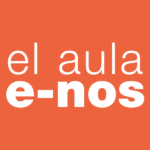 This story was written within the framework of the “Narrative Medicine: Our Bodies also Have Stories to Tell” course taught to healthcare professionals via our El Aula e-nos online training platform.
This story was written within the framework of the “Narrative Medicine: Our Bodies also Have Stories to Tell” course taught to healthcare professionals via our El Aula e-nos online training platform.
1093 readings
I am a Venezuelan dentist who is passionate about college teaching. I found in bioneuroemotion therapy a humanist method to achieve emotional freedom. I believe in the awakening of consciousness to lifestyles that are healthier and more sustainable. I am the mother of twins.